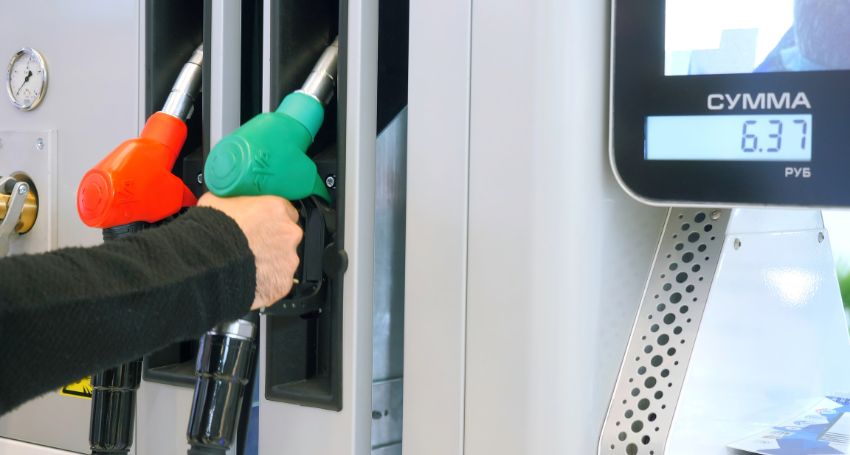
Electric vehicles (EVs) are transforming the automotive world, promising cleaner transportation and reduced emissions. But as the number of electric cars grows, so does the challenge of managing end-of-life EV batteries. Proper battery disposal is critical to prevent environmental harm, ensure safety, and support sustainable management of these powerful energy sources.
This article covers everything you need to know about how to dispose of EV batteries responsibly. Whether you’re an EV owner, a mechanic, or just curious, this guide explains why disposal matters, explores current disposal methods, and highlights best practices. Understanding these points can help reduce pollution, avoid landfill risks, and support the growing EV ecosystem.
What Does Battery Disposal Mean for EV Batteries?
Battery disposal refers to the final handling of end-of-life electric vehicle batteries when they are no longer usable or suitable for reuse or recycling. Unlike recycling, which focuses on recovering materials like lithium, cobalt, and nickel, disposal often means sending batteries to facilities that safely manage waste or landfills.
Because EV batteries contain hazardous materials and toxic chemicals, improper disposal can cause pollution and safety risks. Disposal is a necessary step if recycling options are unavailable, but it should always follow strict guidelines to minimize environmental impact.
Why Is Proper EV Battery Disposal Important?
Proper battery disposal is vital due to the complex chemical composition of electric car batteries. These lithium-ion batteries contain materials that can be harmful if released into the environment, such as heavy metals and flammable electrolytes.
Improper disposal can lead to:
- Soil and water contamination from battery leakage
- Air pollution from incineration or unsafe handling
- Fire hazards due to battery instability
- Loss of valuable battery metals that could be reused through recycling
As electric vehicles become more common, ensuring safe disposal reduces the environmental footprint and supports clean transportation goals.
Risks of Improper EV Battery Disposal
EV batteries can pose serious hazards if not disposed of properly:
- Chemical leaks: Toxic metals like cobalt, nickel, and lithium can contaminate ecosystems.
- Fire and explosion risk: Damaged or improperly handled batteries can ignite spontaneously.
- Landfill pollution: Batteries in landfills can break down and release pollutants over time.
- Health risks: Exposure to battery components can cause health issues for workers and nearby communities.
Due to these risks, disposal must be handled by trained professionals following regulatory guidelines.
How Are EV Batteries Typically Disposed Of?
While EV battery recycling is preferred, some batteries are disposed of when they can no longer be reused or recycled. Typical disposal methods include:
- Landfilling: Batteries are disposed of in specially designed hazardous waste landfills that contain leakage.
- Incineration: Some materials are incinerated under controlled conditions to neutralize harmful substances.
- Battery processing facilities: Specialized centers dismantle and safely neutralize battery components.
The goal of these methods is to prevent contamination and safely isolate toxic materials.
Can You Dispose of EV Batteries at Home?
No, EV battery disposal is not safe or legal to perform at home. These batteries require specialized handling to avoid risks such as fire and chemical exposure. Proper packaging is essential to contain hazardous materials and prevent accidents during transportation. Therefore, EV batteries must be transported to authorized disposal or recycling facilities equipped to manage them safely. Attempting home disposal can lead to contamination, fire hazards, and legal consequences. EV owners should always rely on professionals and certified programs for responsible battery end-of-life management.
What Regulations Govern EV Battery Disposal in the U.S.?
In the U.S., EV battery disposal is regulated by agencies like the Environmental Protection Agency (EPA) and state environmental departments. Key regulations include:
- Resource Conservation and Recovery Act (RCRA): Governs hazardous waste disposal
- State-specific rules on battery collection, transport, and disposal
- Guidelines for battery disposal by manufacturers and vehicle dismantlers
These regulations ensure safe handling and reduce environmental damage from battery waste.
How Do Vehicle Dismantlers Handle EV Battery Disposal?
When an electric vehicle reaches the end of its life, vehicle dismantlers play a vital role in ensuring responsible battery disposal. They safely remove and isolate the battery pack from the vehicle to prevent any hazards. These batteries are then transported to licensed hazardous waste or recycling facilities that are equipped to handle them properly. Throughout the process, dismantlers follow strict protocols for handling, packaging, and shipping the batteries to minimize risks. Their adherence to environmental laws and regulations is essential for the safe and responsible disposal of EV batteries.
Environmental Impacts of Battery Disposal
Disposing of EV batteries improperly can harm the environment:
- Soil contamination from leaking metals
- Water pollution through groundwater seepage
- Release of toxic chemicals harming wildlife and ecosystems
- Contribution to landfill volume and waste management challenges
Conversely, safe disposal minimizes these impacts by isolating hazards and supporting future recycling technologies.
What Happens After an EV Battery Is Disposed Of?
After disposal, batteries go through:
- Secure storage in hazardous waste facilities
- Potential recovery of certain materials in landfill liners or processing plants
- Long-term monitoring to prevent leaks and contamination
While disposal is often a last resort, advances in recycling aim to reduce the need for landfill disposal and promote sustainable battery management.
How Can EV Owners Ensure Safe and Legal Battery Disposal?
EV owners play a crucial role in ensuring the safe disposal of their electric vehicle batteries. They can contribute by returning batteries to certified recycling or disposal programs designed to handle hazardous materials properly. Utilizing manufacturer or dealer take-back services is another effective way to ensure batteries are managed responsibly. It’s important to avoid disposing of EV batteries in regular trash or donation bins, as this can lead to environmental contamination and safety hazards. Staying informed about local regulations and available disposal programs helps owners make the best decisions for battery end-of-life management. Ultimately, responsible disposal not only protects the environment but also supports the sustainable future of electric vehicle batteries.
Conclusion
In conclusion, disposing of EV batteries safely and responsibly is crucial for protecting both people and the environment. Due to the complex and hazardous nature of electric vehicle batteries, home disposal is neither safe nor legal. Following proper procedures—including working with certified recycling programs, manufacturers, and professional dismantlers—ensures that these batteries are handled correctly, minimizing environmental impact and supporting the sustainable future of electric mobility. By staying informed and adhering to local regulations, EV owners play a vital role in advancing safe battery disposal and fostering a cleaner, greener transportation system.



